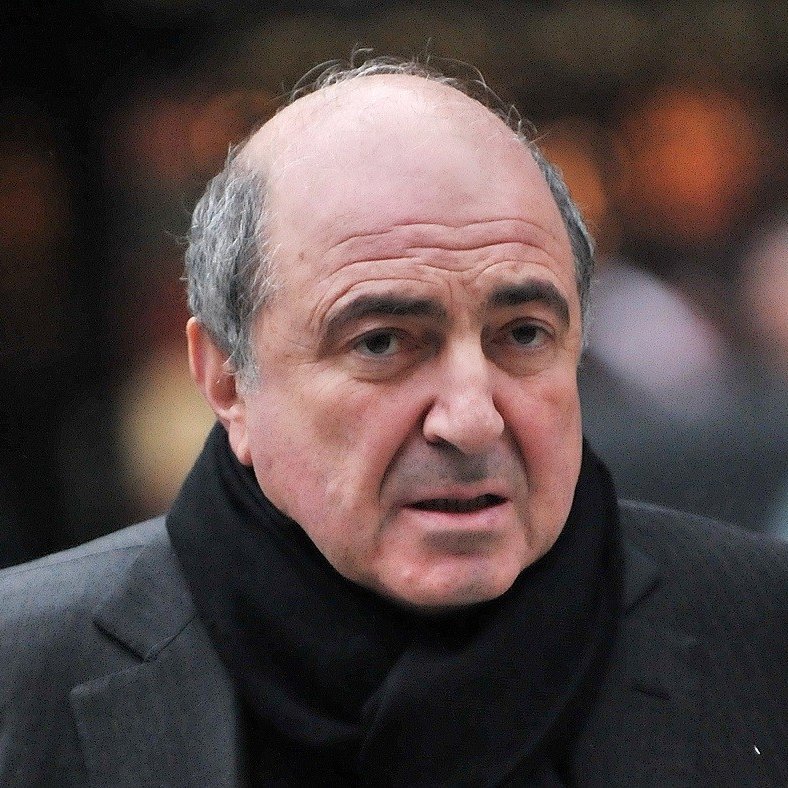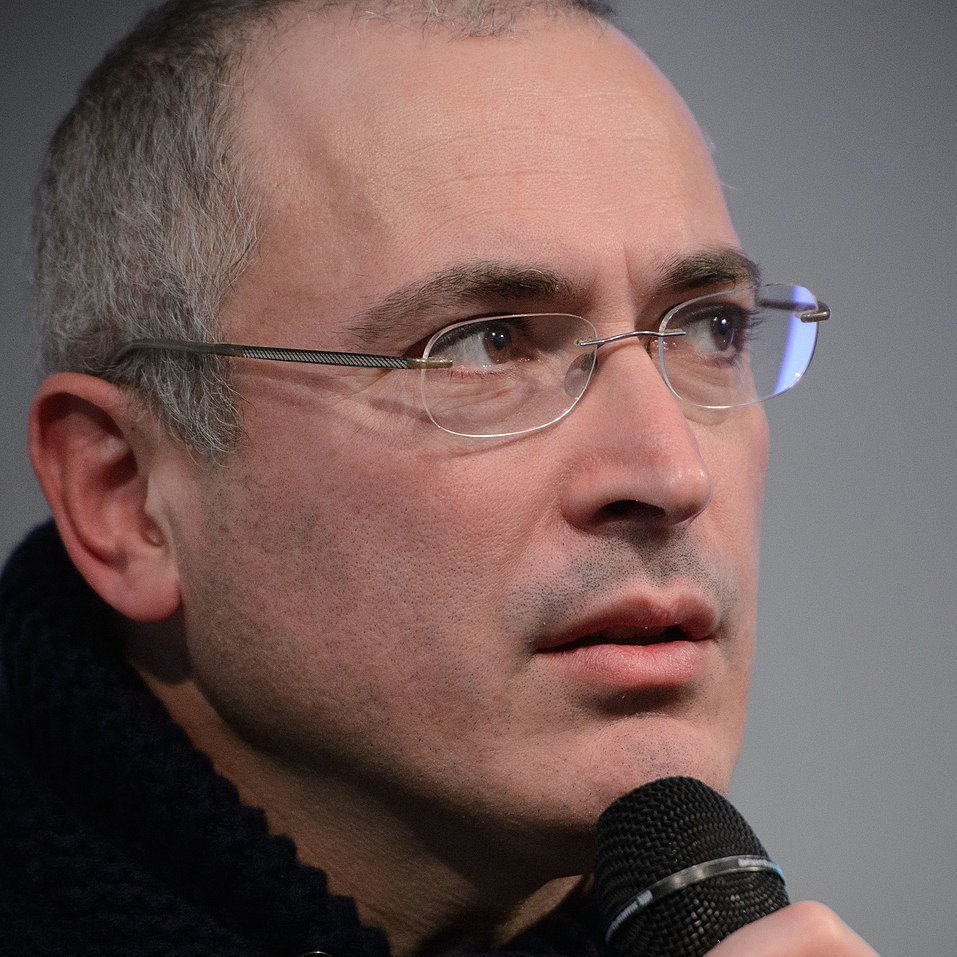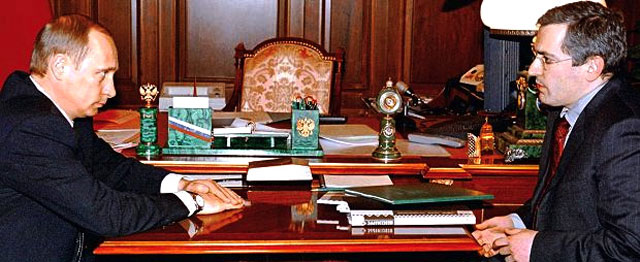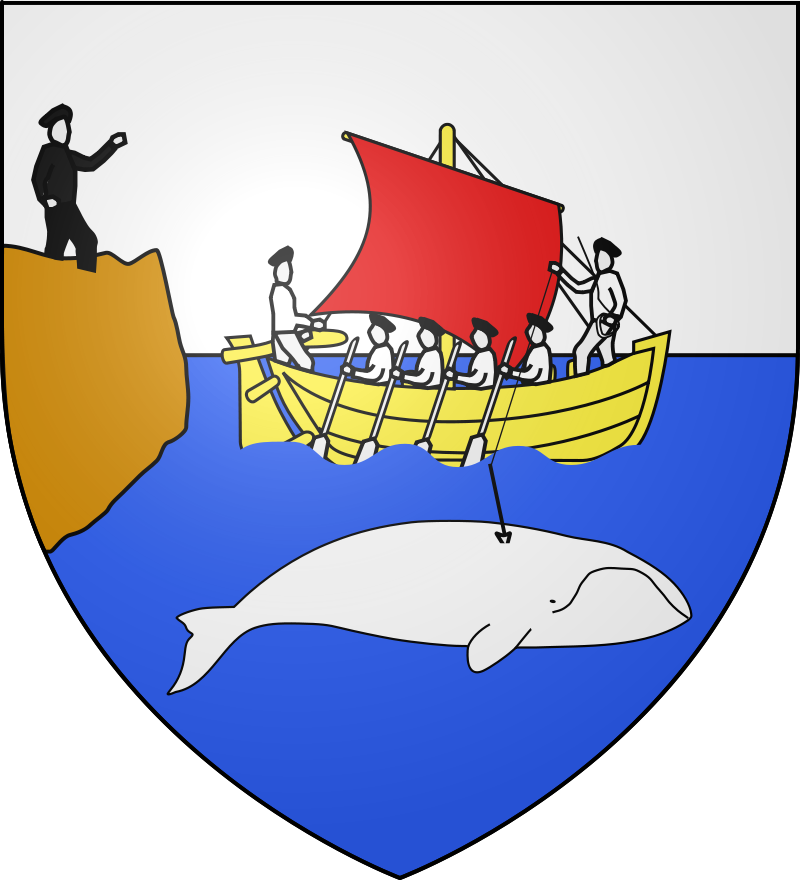Two weeks ago, The Hague put out an arrest warrant for Vladimir Putin. As a practical matter, Putin will never face trial at the ICC. But it does show the intensity of the regime's moral condemnation of the man. They want a Nuremberg-type trial for Putin and his associates. Why? 

I would like to introduce the following thesis: Putin's role in reining in Russian oligarchs in the early 2000s put the regime on edge. They fear Putin because he demonstrates a victory of force and will over the moneyed class. Let's go over some of the details... 

Following the dissolution of the Soviet Union, state assets began a process of privatization. Reformers in Russia began to distribute shares of state-owned enterprises through a system of vouchers (as in this photo). Collecting a voucher gave you a share in the company. 

These vouchers were intended to democratize state assets and give the Russian people a true stake in the Russian economy. However, Russia was experiencing economic disaster after USSR collapse. Strapped for cash, many Russians sold their shares for a fraction of their true worth. 

Who was buying these shares from the Russian people? In 1995, Boris Yeltsin and his cronies began a 'loans-for-shares' program in which offered quick cash these vouchers. Through a series of rigged state auctions, the politically connected got their hands on these shares. 

It was from this scandalous and criminal episode of economic privatization that the Russian oligarchs got their wealth. Let's meet two of these oligarchs: Boris Berezovsky and Mikhail Khodorkovsky. 



Through the aforementioned 'loans-for-shares' programmed, Berezovsky became heavily involved in Russian media and the Russian energy industry. He was a friend of Boris Yeltsin and part of his corrupt inner circle. 

Like Berezovsky, Mikhail Khodorkovsky was a member of Yeltsin's inner circle who became fabulously wealthy by purchasing these privatization vouchers. Khodorkovsky eventually came to control Yukos (a major Russian oil producer). 

As the 1990s neared their end and a new millennia crept onto the horizon, the Russian oligarchs needed a plan to keep things running smoothly. So long as a weak and corrupt man like Yeltsin was in charge, the oligarchs were free to play. 

In a surprising move, Yeltsin resigned as president on December 31st, 1999. Putin had been Yeltsin's designated successor and was picked by Berezovsky to keep the corrupt status quo. But little did they know that Putin had other plans... 

Putin began a process of nationalizing the private assets of many of these oligarchs. The government took control of a number of strategic sectors pertaining to national security. Industries such as oil, aviation, energy, and finance were wrestled away from oligarchic control. 

Putin's plan was to regain control over the country's myriad of economic fiefdoms. Russia would no longer accept a completely privatized economy in which a handful of oligarchs accounted for the majority of Russian wealth. Taxes needed to be paid. 

While Putin was able to convince some to play by the rules, others tested their luck. However, they quickly found out that Putin wasn't playing games. In October 2003, Mikhail Khodorkovsky was arrested by Russian authorities and charged with fraud and tax evasion. 

One month earlier, Boris Berezovsky fled the country and was granted refugee status and political asylum in the UK. Here's Boris and his home in Surrey: 

Despite the obvious corruption of Khodorkovsky and Berezovsky, media in the West has latched onto these men as political martyrs standing up to the political oppression of evil Putler— I mean Putin. Watch this CNN clip where Khodorkovsky is shown to be a victim.
Here's a video of the Atlantic Council interviewing Khodorkovsky (which he funds btw) and his "efforts to build a future for Russia that is prosperous and fair and supported global efforts to envision a democratic and successful Russia" (LMAO)
Hopefully this starts to shed some light as to why these MSM corps and NGOs are so focused on calling Putin an evil and corrupt villain. They are funded by Putin's opponents. Those who Putin (rightly) dispossessed on account of their corrupt and ill-gotten wealth.
But why does the regime hate Putin so much? Beyond the politics and conflict-of-interest funding, Putin is a symbol for something far greater and far more threatening to the regime. Putin's example shows that the use of force in politics can beat entrenched financial classes.
The German historian Oswald Spengler noted that every major civilization tended to have a similar battle between what he called "Blood" and "Money". Corrupt classes use their money to dominate politics. Only blood and the use of violence trumps money. 

According to Oswald Spengler, every civilization becomes more urbanized over time in which a corrupt financial class would take hold and need to be unrooted. For the West, we are entering a period of "Caesarism" in which strong populist leaders wrest control away from "money". 

Then is it any wonder the regime hates this man? Putin demonstrated that political force can beat oligarchic interests into submissions. And no amount of martyrizing by Western MSM and NGOs can whitewash that fact. 

They hate Putin because they know what he did to their Russian equivalents. And they fear that he might inspire a Western "Caesar" who would do the same to them. They will do whatever it takes to destroy Putin and to prevent a Putinesque "cleaning house" in the West. 

If you're interested in learning more about the life and works of Oswald Spengler, whose idea of "the Battle between Blood and Money" inspired this thread, please check out my substack where I post essays, notes, and translations of his work.
spergler.substack.com
spergler.substack.com
• • •
Missing some Tweet in this thread? You can try to
force a refresh



















